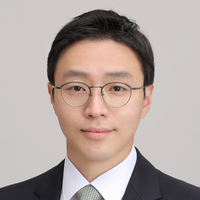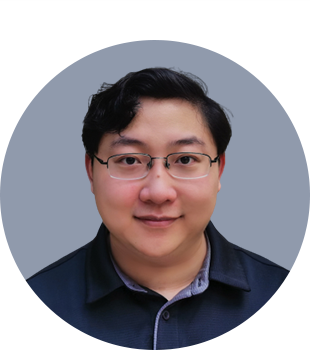During Cao's graduate study, he tackled a significantly challenging project in the single-cell genomics field: developing a highly sensitive sequencing technique to effectively probe DNA methylation at the single-cell level. Overcoming all difficulties, Cao was able to unfold a bisulfite-free single-cell methylome sequencing technique named CABERNET, which provides base resolution methylation and hydroxyl-methylation accuracy at prestigious genome coverage and sensitivity. Cao quickly got the patent applied and broadened his scope beyond the technical details and into biological applications, such as early cancer diagnosis using cfDNA methylation. Since cancer cells in the early phase only release a minute amount of cfDNA, with the high sensitivity of CABERNET, Cao would achieve much better accuracy in early cancer diagnosis than those traditional efforts using bisulfite conversion.
Not long after he moved back to Peking University, the COVID-19 pandemic emerged. Having to stop all previous research on hand, Cao started to think about how to make contributions to the intervention of COVID-19. Despite the lack of experience in immunology, Cao soon acquired a good understanding of B cell repertoire and committed to the task of finding potent SARS-CoV-2, neutralizing antibodies from convalescents to serve as effective therapeutics. Utilizing the expertise in single-cell genomics, Cao rapidly discovered a collection of potent SARS-CoV-2 neutralizing antibodies using high-throughput single-cell VDJ sequencing. This was the first demonstration showing that high-throughput single-cell sequencing could directly be used for drug discovery, with high speed and quality. The work was soon published on Cell with Cao as the first author, contributing greatly to the development of SARS-COV-2 vaccines and therapeutics. The paper has already been cited over 550 times in just one year.
Since SARS-CoV-2 keeps on mutating, a pair of non-competing neutralizing antibodies is ideal for therapeutic usage. Collaborating with Prof. Junyu Xiao, Cao investigated through the large collection of neutralizing antibodies and found a pair of potent antibodies, DXP-593 and DXP-604, which have non-overlapping epitopes and can be used in a cocktail to prevent neutralization escape caused by mutation of the Spike protein. The finding of a novel antibody pairing strategy resulted in the publication of the second Cell paper with Cao as the co-first author. Currently, the paired neutralizing antibodies, DXP-593/DXP-604, have completed clinical phase II trials in the United States, South Africa, Mexico and other countries under the collaboration with BaiGene.




